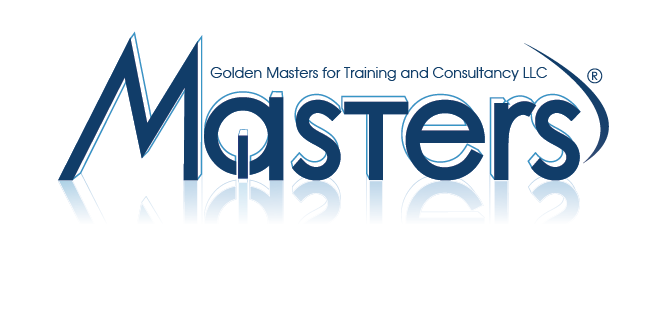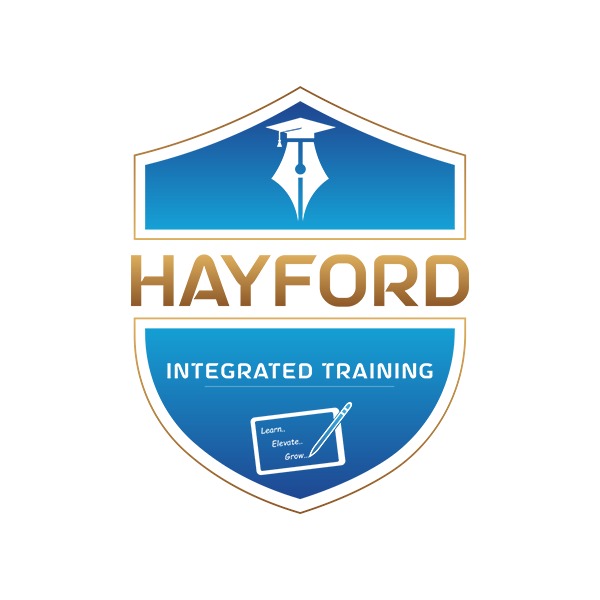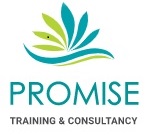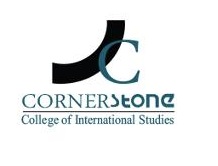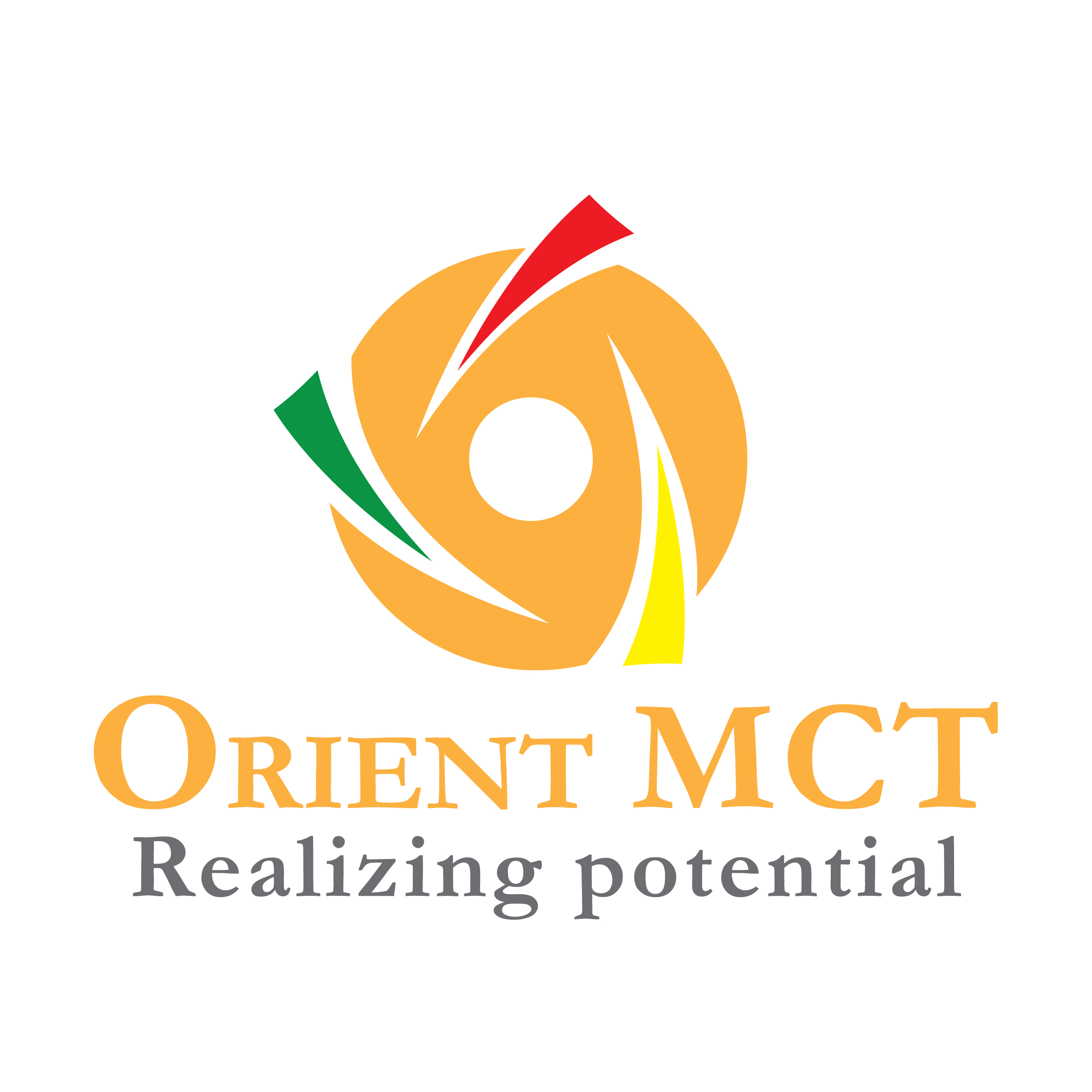Course Description
Transformational leaders achieve results by engaging their team passionately in a shared vision and giving them the opportunities and resources to get on with the job of implementing it. This calls for powerful communication and influencing skills, but even more importantly for the awareness and self-confidence to develop others to their full potential.
This highly-interactive 5-day program equips leaders with a set of techniques to inspire, motivate and develop their teams towards self-sustaining performance improvement.
Delegates will formulate practical strategies for founding a coaching culture in their organization, and experiment with innovative and sometimes challenging ways of engaging and inspiring their people.
Course Objective:
By the end of this program delegates will be able to:
· Describe the contribution coaching and mentoring can make to team development.
· Set out the organizational benefits of growing people to their full potential.
· Demonstrate effective coaching, mentoring and feedback techniques.
· Explain the importance of communication for effective teamwork.
· Identify their personal communication style.
· Recognize the value of communication style diversity among members of a work group.
· Apply powerful influencing techniques.
· Select appropriate techniques to assist in communication problem resolution.
· Identify communication strategies to build more productive interaction.
· Use techniques for creating rapport, building trust and establishing credibility
Competencies Emphasized
· Supporting organizational excellence
· Staff development
· Creating a positive coaching environment
· Using motivation to influence and inspire performance
· Leading people and helping them excel via empowerment
· Developing pro-active, self-managing employees
· Performance Management
· Communication skills
· Rapport-building skills
· Diversity awareness
· Creativity and innovation
· Change management
· Team-building
Course Certificate:
MASTERS certificate will be issued to all attendees completing minimum of 75% of the total tuition hours of the course.
Course Outline:
DAY 1 - STRATEGIC EQUIPPING FOR LEADERSHIP
· Changing Manager’s roles
· What is real Leadership?
· How to equip Leaders for excellence
· The pursuit of excellence
· Developing key management competencies to create excellence
· 12 Ways to develop your Staff potential and talent
· The Manager as a Change agent
· The need for peak performance
· Activators, Behaviors and consequences
· Benefits for the organization, manager and performer
- THE MANAGER AS A COACH AND MENTOR
· What is coaching?
· Why is coaching so important?
· Making the transition from Manager to Coach
· Qualities and attributes of a good Coach
· Develop the Coaching Model
· What does coaching achieve?
· Deciding When and How to coach
· Select the appropriate coaching style
· Arranging a coaching session
· Use the “GROW” model
· Measuring and observing performance
· How to appraise a person’s performance
· The link with feedback motivation
DAY 2 - THE COACHING / MOTIVATION PROCESS AND SKILLS
· Influencing the readiness to change
· The importance of handling change
· Gaining a persons commitment to change
· Raising their effectiveness through questioning
· Motivation as a lever
· Setting action orientated performance goals
· End goals, performance goals and process goals
· Working your own goal setting strategy
· Developing efficient Time management
· Learn to prioritize your time
· The importance of essential Listening skills
· Developing the cycle for continuous improvement
- PUTTING COACHING & COUNSELLING TO WORK
· Understanding the performers agenda
· Coaching the subconscious mind
· Knowing what improvements to aim for
· Exploring barriers to progress
· Replacement principle
· Coaching the right performance attitude
· Making appropriate attitude adjustments
· Knowing what empowering improvement to aim for
· Leading by example
· Develop appreciation within and without
· The coach’s role as a facilitator
DAY 3 - COACHING FOR DECISIVE ACTION
· Adopting the approach, process and skills as a way of life
· Self coaching to fit your own aims and objectives – personal discipline
· Improving your ability to make decisions
· Ten steps to vital decision making
· Choosing Pro-Active leadership
· Understand the Circle of control
· How to be pro-active in your relationships
· How to apply Persistence Performance
· Using the learnt skills to apply at every level
· Ten essential qualities of a successful Corporate Executive
- INTRODUCTION TO HUMAN INTERACTION AND COMMUNICATIONS
· Introductions
· Goals and Objectives of the program
· Importance of interpersonal interaction and communication styles
· Interpersonal communication is two-way
· Interpersonal interaction preferences differ
· Communication is listening
· Importance and techniques of active listening
DAY 4 - ASSESSING & IDENTIFYING INTERPERSONAL STYLES
· Identification of interpersonal communication methods
· Interpersonal interaction diversity factors
· Effective listening leads to sensitivity and trust
· Successful interpersonal interaction develops trust
· Characteristics of interpersonal interaction
· Identification of the personal interaction style
- WHAT IS MY REAL INTERPERSONAL INTERACTIVE STYLE?
· Individual strengths and challenges of each interaction style
· Best-Fit interaction types for each person
· Dominant, auxiliary and tertiary functions
· Identifying interpersonal communication team types
· Team strengths and challenges in interpersonal interactions
· How we work best with others’ types
DAY 5 - INTERPERSONAL INTERACTION AT WORK IN TEAMS?
· Understanding how teams work better using varied interaction types
· Understanding interpersonal team dynamics
· Developing self awareness of team members’ strengths and weaknesses
· Communication and interaction openness develops trust
· Understanding another’s type of interaction takes active listening
· Building and maintaining trust is vital for success
- PUTTING THE KNOWLEDGE OF INTERPERSONAL INTERACTION INTO ACTION
· Identifying how to assist others in understanding interaction types
· Communication information in our work groups
· Techniques to identify and work with style differences
· Enablers and barriers to effective interaction
· Synthesis and integration of interpersonal interaction and communication topics
· Next opportunities
· Course review, summary and feedback
